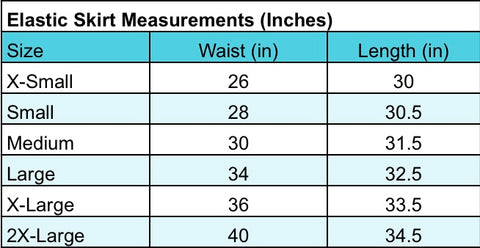Limu Kala
“He kala nō, a ho‘i ka pilikia.”
Trouble leaves with forgiveness.
‘Olelo No‘eau (Hawaiian Proverb), Daisy Lovell, Anahola, Kauai
Limu is a Hawaiian word descriptive of mosses, lichens, seaweed, and algae. Kala means sharp, which describes the sharp spines on the blades of the algae. Kala also means to loosen, free, and forgive.
Limu kala (Sargassum sp.) is an edible Hawaiian seaweed that exists in high wave energy intertidal zones, commonly found in tide pools.
Limu kala has traditional medicinal uses. When recovering from an illness, a lei of limu kala is worn into the ocean. It would drift apart and in doing so, take with it any remaining illness from
the wearer. In addition, pounded limu kala is made into a poultice that is used to treat coral cuts and gashes.
Limu kala is uniquely important in Hawai'i for its use in ho'oponopono, a traditional reconciliation ceremony for divided families that roughly translated means “to make right.” In ho'oponopono, an extended family usually comes together to set relationships right. Eating limu kala marks the resolution of the problem, symbolizing forgiveness and the release of past wrongs.
– David Shepard











